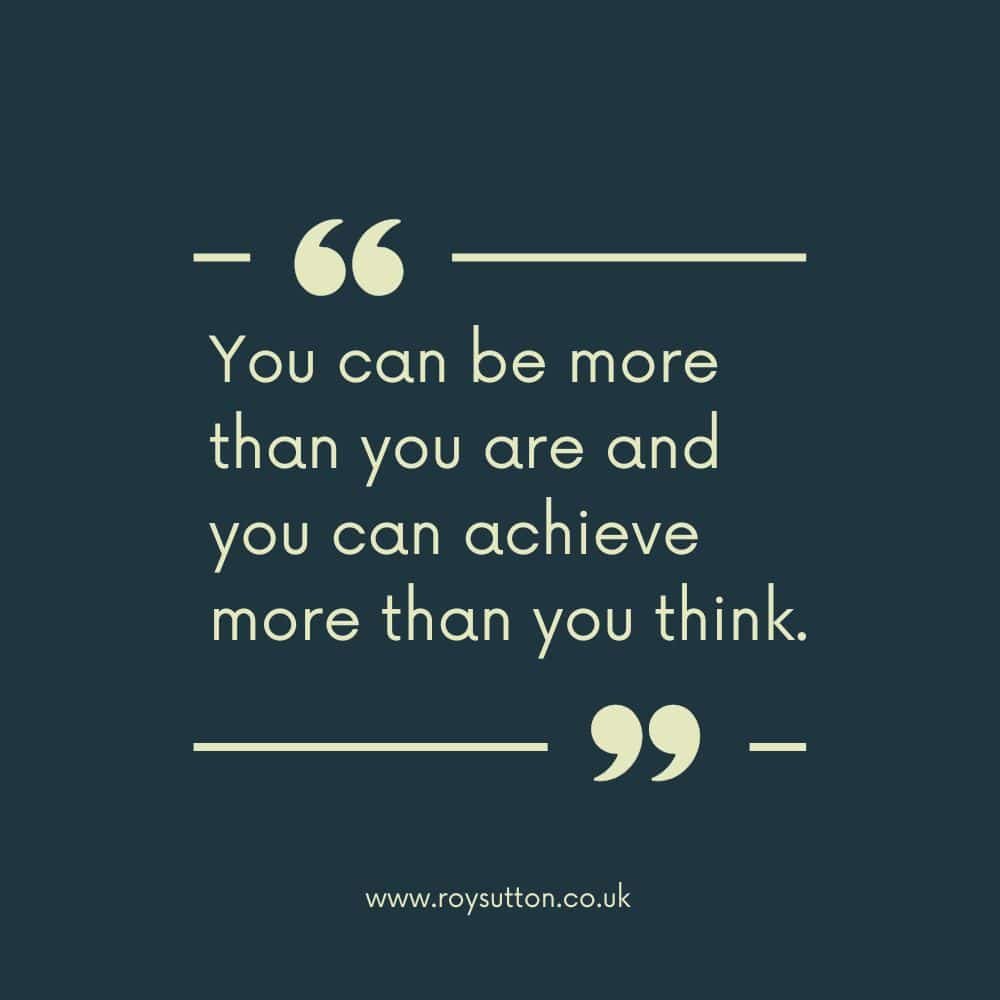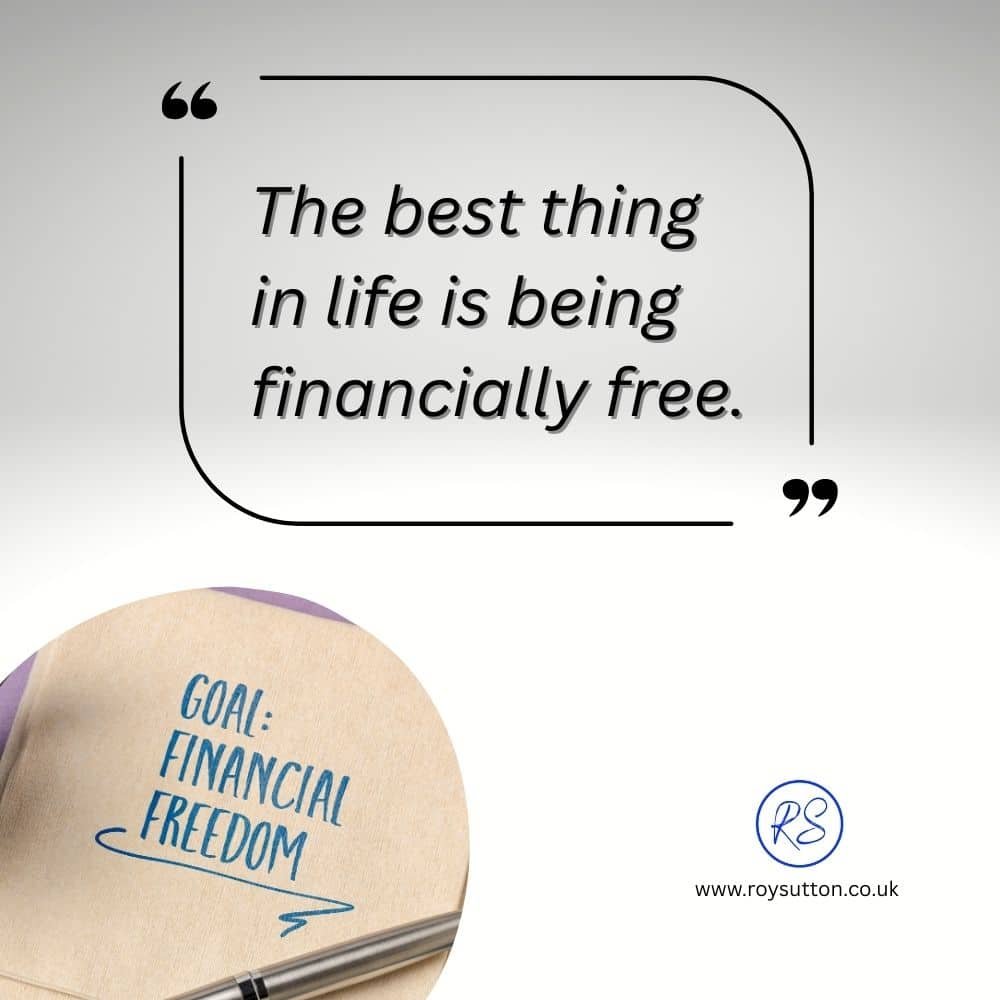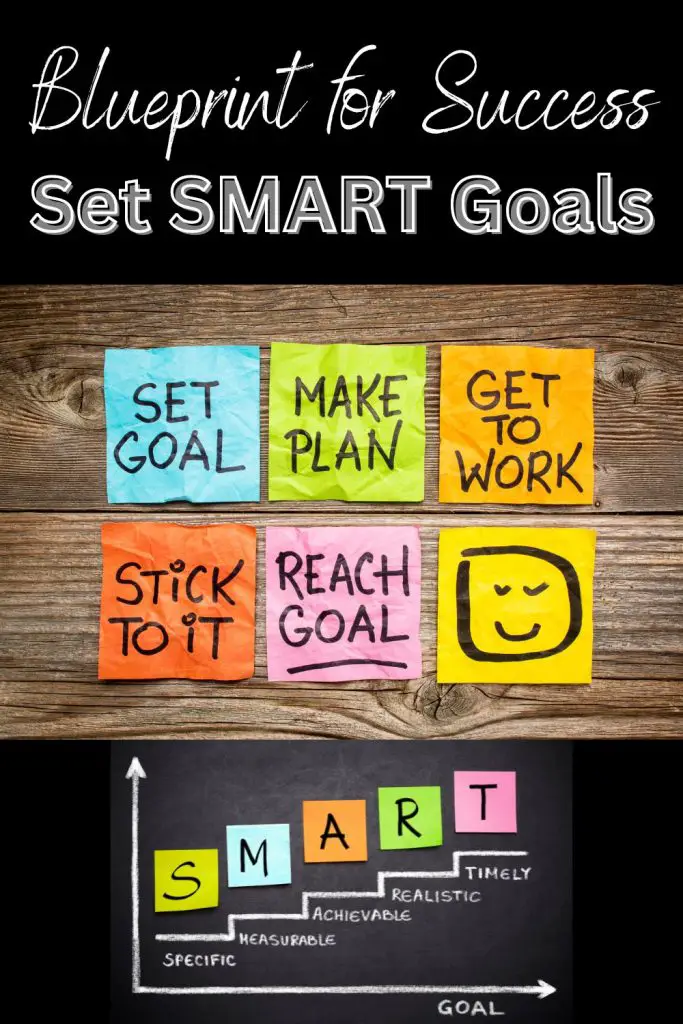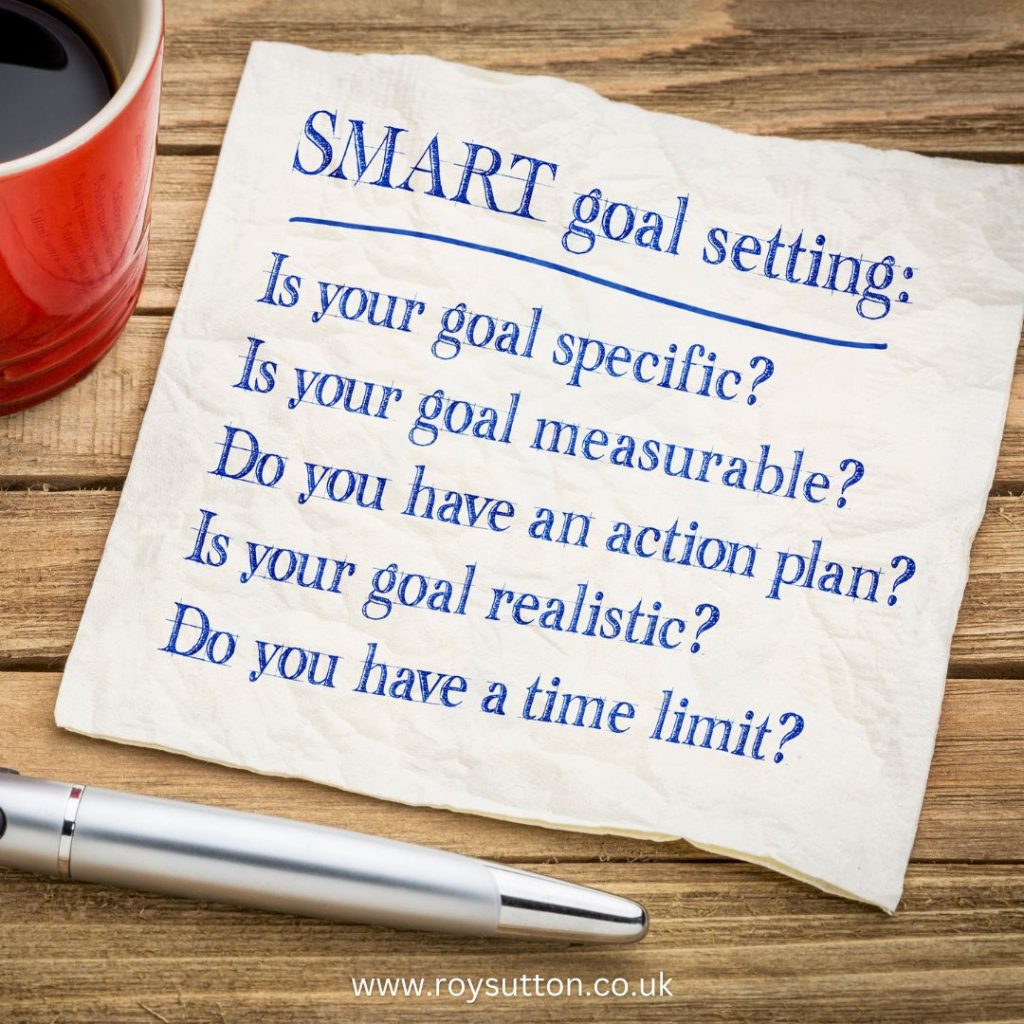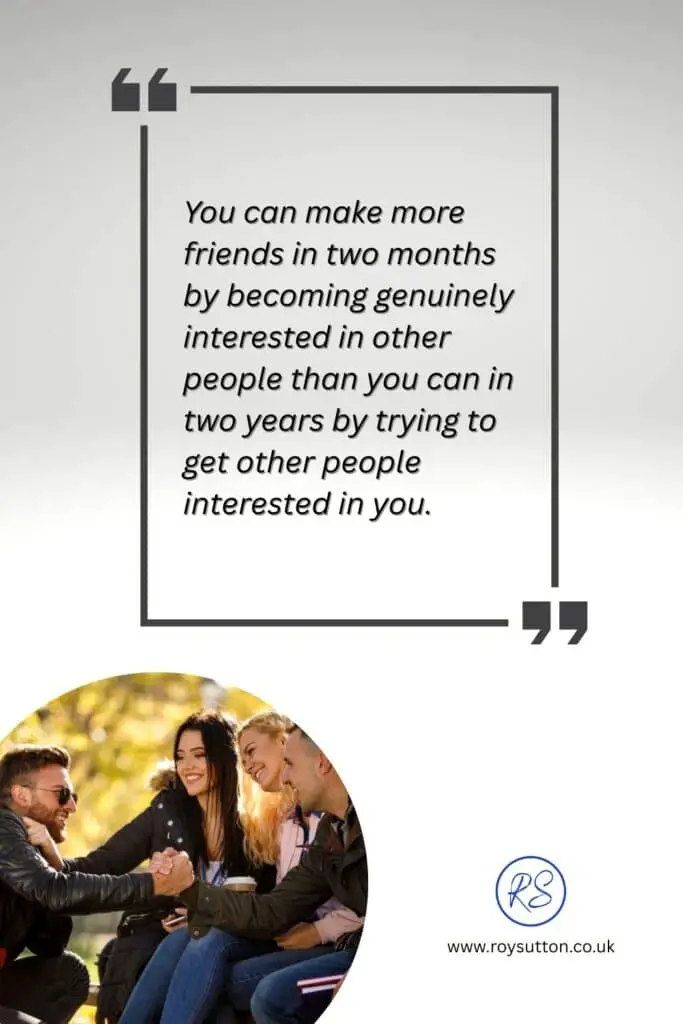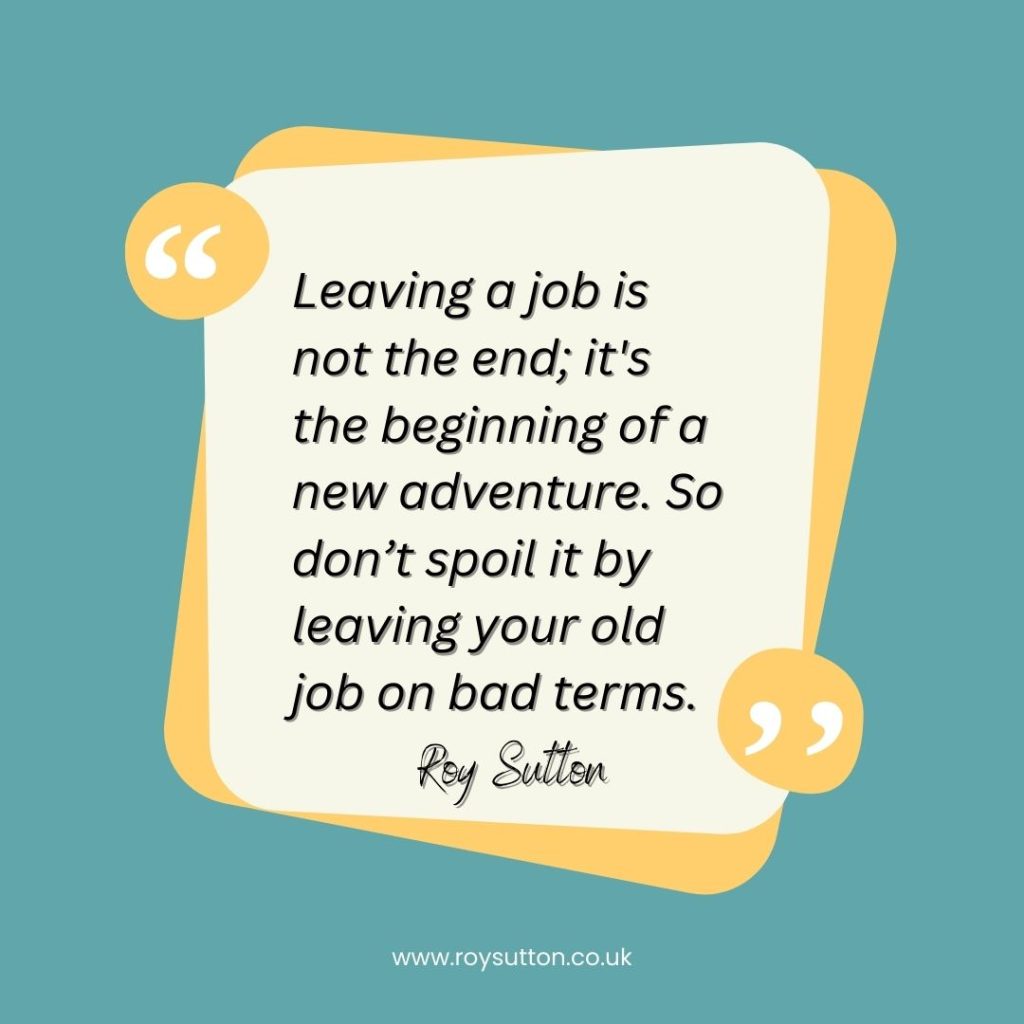
How to be happy? Now, that’s a question I hear frequently.
Well, I believe that if you’re going to be happy, then you need a sense of purpose.
Now just think about that for a minute. Your work takes up one-third of your life, so surely it’s essential that you’re happy doing whatever you do?
So dear reader, if the question on your mind today is how to be happy in life, then to find the answer, it’s worth reflecting on your work for a moment and thinking about whether it’s right for you.

Reflect on your work:
Does your work make you happy?
Do you believe your contribution to your job is something that only you can supply?
Would you say that your work is closely aligned with your natural talents?
If your job is a mismatch with your natural talents, then you’re unlikely to do it as well as you might do otherwise. If you don’t do it well, then it’s hard to feel a sense of pride in your work, surely? And if you’re not doing it well, your boss is likely to give you a hard time as well.
So in this scenario, you’re not going to be very happy, are you?
Do what makes you happy:
Let’s face it, spending your life doing something you don’t enjoy is such a waste, wouldn’t you agree?
You have so much natural talent that could be put to better use.
Yes, every job has its chores. Things you have to do, which you hate but accept as part of the job. No job is perfect.
However, tedium should only be a small part of your whole work experience.
To feel happy and fulfilled doing the work you do means that you should enjoy at least 70% to 80% of your daily activity.
What happens if the job you do and your talents are mismatched?
Consider the personal cost:
Human beings are flexible and adaptable, of course. So even in the worst job situations, people survive, but at what cost to themselves?
The further you are from applying your natural talents and abilities, the less likely it is that you’ll enjoy your work in my experience. And being unhappy at work means you’re less likely to be happy in life. That’s a fact.
And if you’re not happy, then it’s difficult to make a genuine contribution to life and the lives of other people. And this matters, particularly for those people who are your loved ones.
If your loved ones have to deal with someone who’s doing a job they don’t enjoy, then it can make their lives miserable, too. In fact, it can be no pleasure for anyone around you.
If you derive no pleasure from your work, then life just becomes a grind. Also, it becomes stressful, which is not very good for your health either.
The sweet spot:
The best and least stressful way to earn a living is by pursuing your interests and something that you both enjoy, and that is compatible with your natural talents. This is the sweet spot, and it’s how to be happy in life.
If society encouraged people to pursue their interests and work to their strengths, then we would not only be happier, but we would also become more productive.
And of course, productive lives are happy lives too. We would all benefit, and society would reap benefits too.
So think about what you enjoy doing and your natural talents, and then think about how you can best apply them.
Not there yet? Keep looking:
It’s important to be happy doing what you do, but if you’ve yet to find work that makes you happy, then keep looking and don’t give up until you find it.
It’s possible to enjoy what you do. Other people do, and so can you.

Please share this post with your friends:
If you found this blog post interesting and useful, then please share it on social media with your friends.
When you share, everyone wins.
Please share this post now, and I’ll be forever grateful. You’ll be helping a keen blogger reach a wider audience.
Thank you.
Other articles that might appeal to you:
- Wisdom from India in the form of proverbs and quotes
- How to build character: 11 steps to success
- 31 stupid quotes that make no sense that’ll make you think
- 21 quotes by women that will make you think
- 15 positive quotes by exceptional people to lift your spirits
- 29 clever puns that’ll make you smile, at least a little
- 15 George Costanza quotes that’ll make you smile
- 19 Best Homer Simpson quotes that’ll make you smile
- 25 corny puns that’ll make you smile or make you cringe
- 3 funny jokes to tell your friends and make them smile
- 31 great quotes from Larry David in Curb Your Enthusiasm
- 21 Del Boy quotes fans of Only Fools and Horses will love
- 50 Funny footballer quotes for soccer fans everywhere
- 15 amusing quotes by Jerry Seinfeld to brighten your day
- 21 witty short jokes to tickle you and brighten your day
- 3 short funny stories that’ll make you laugh
- 21 funny computer nerd jokes that will tickle you
© Mann Island Media Limited 2026. All rights reserved.




